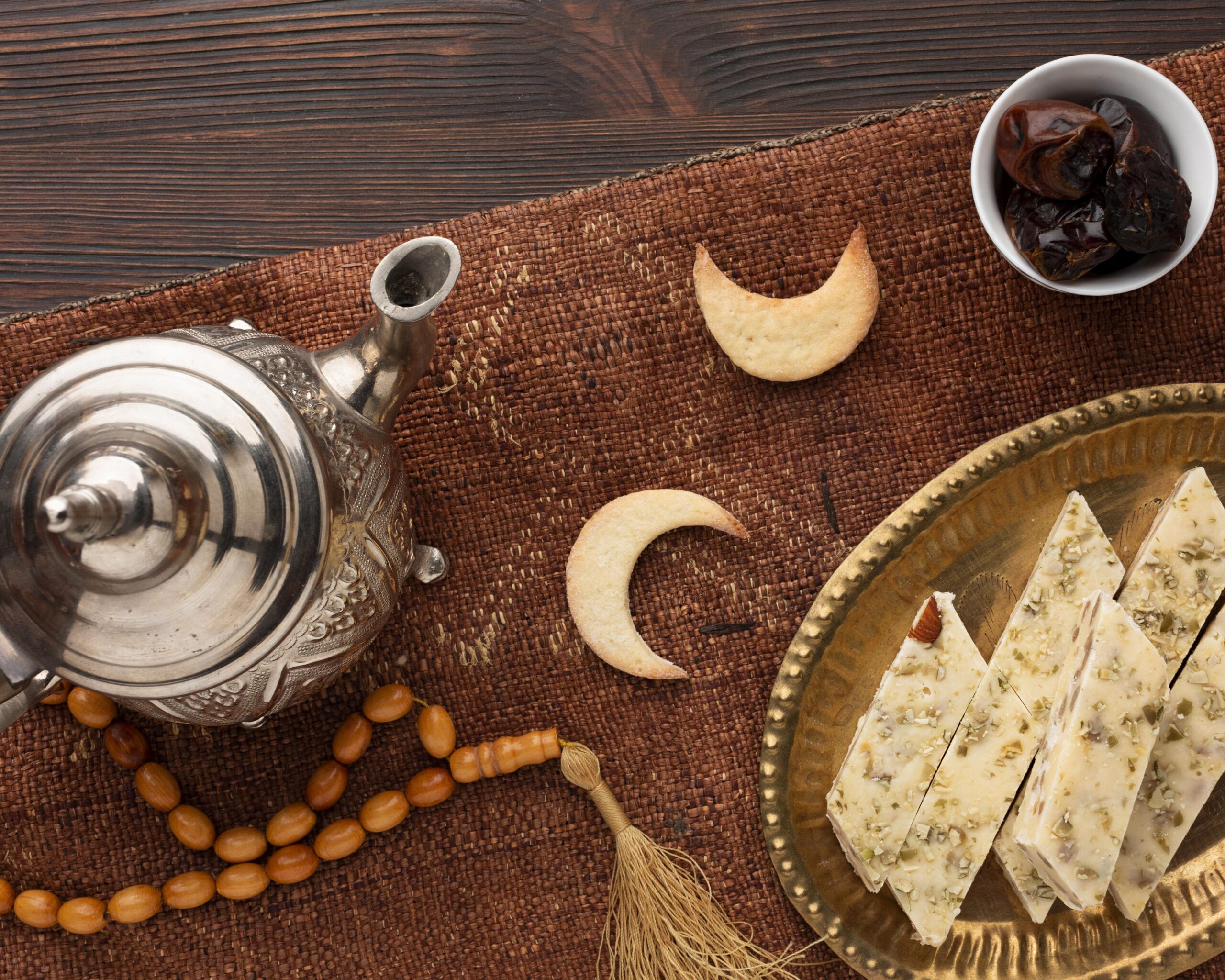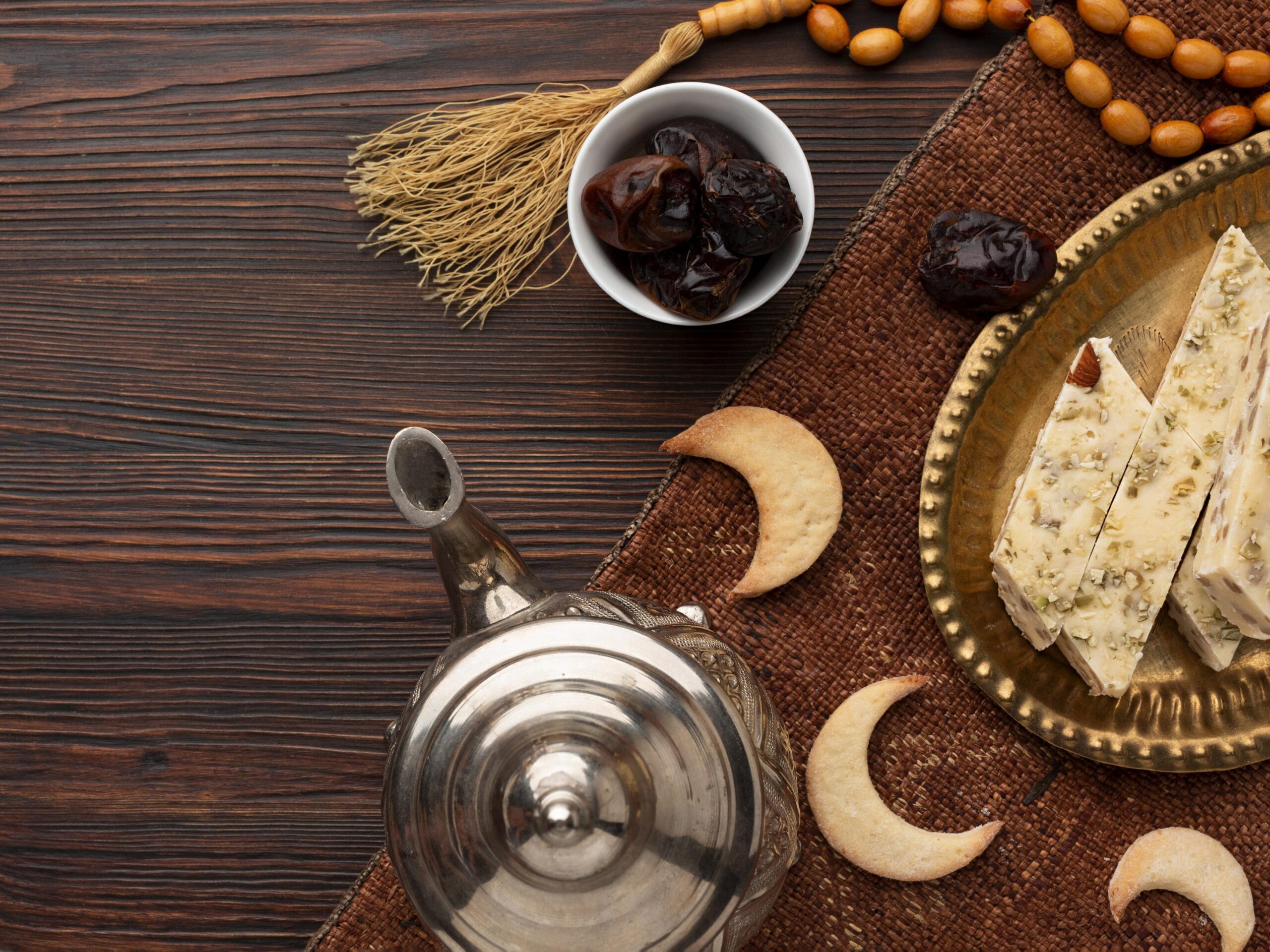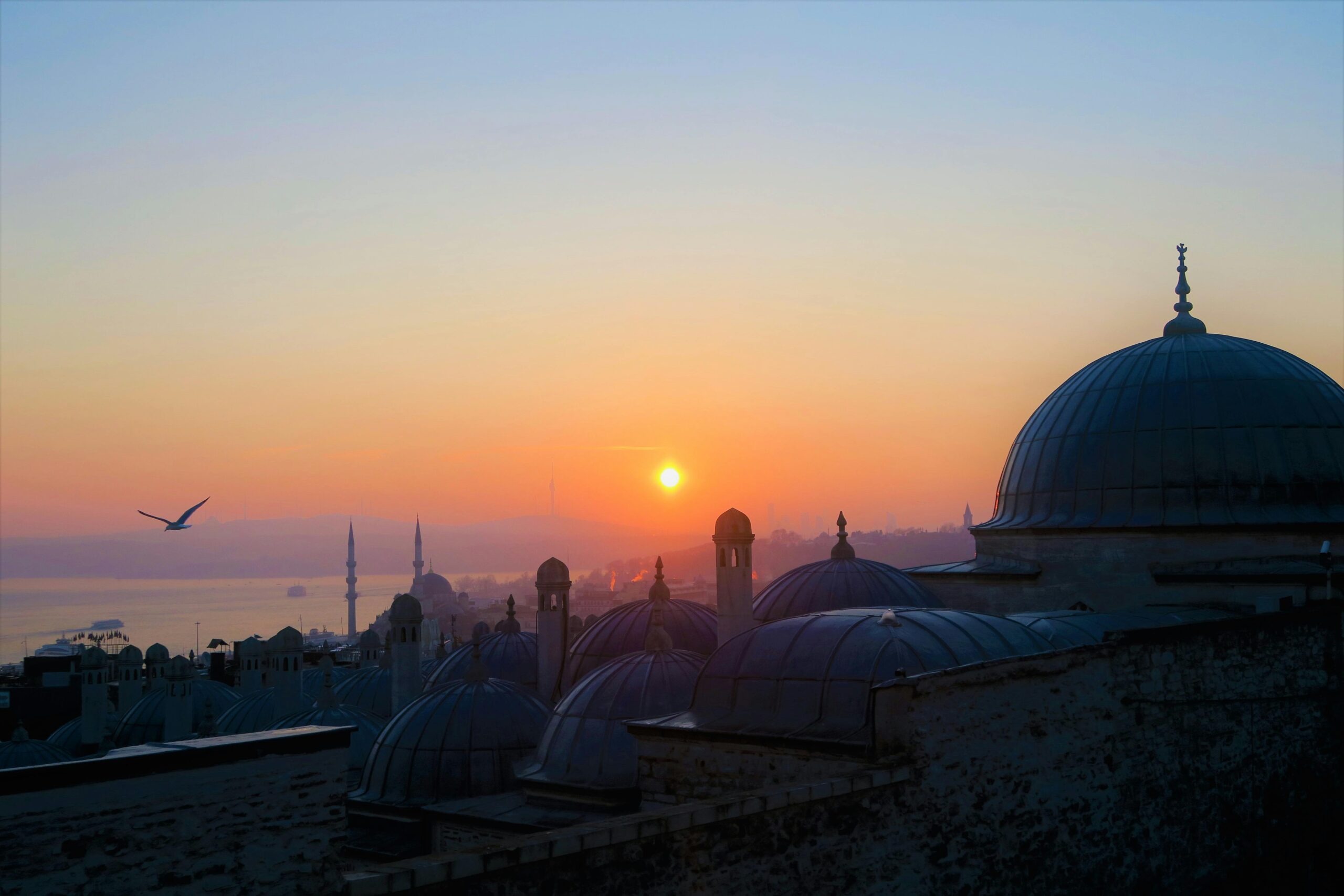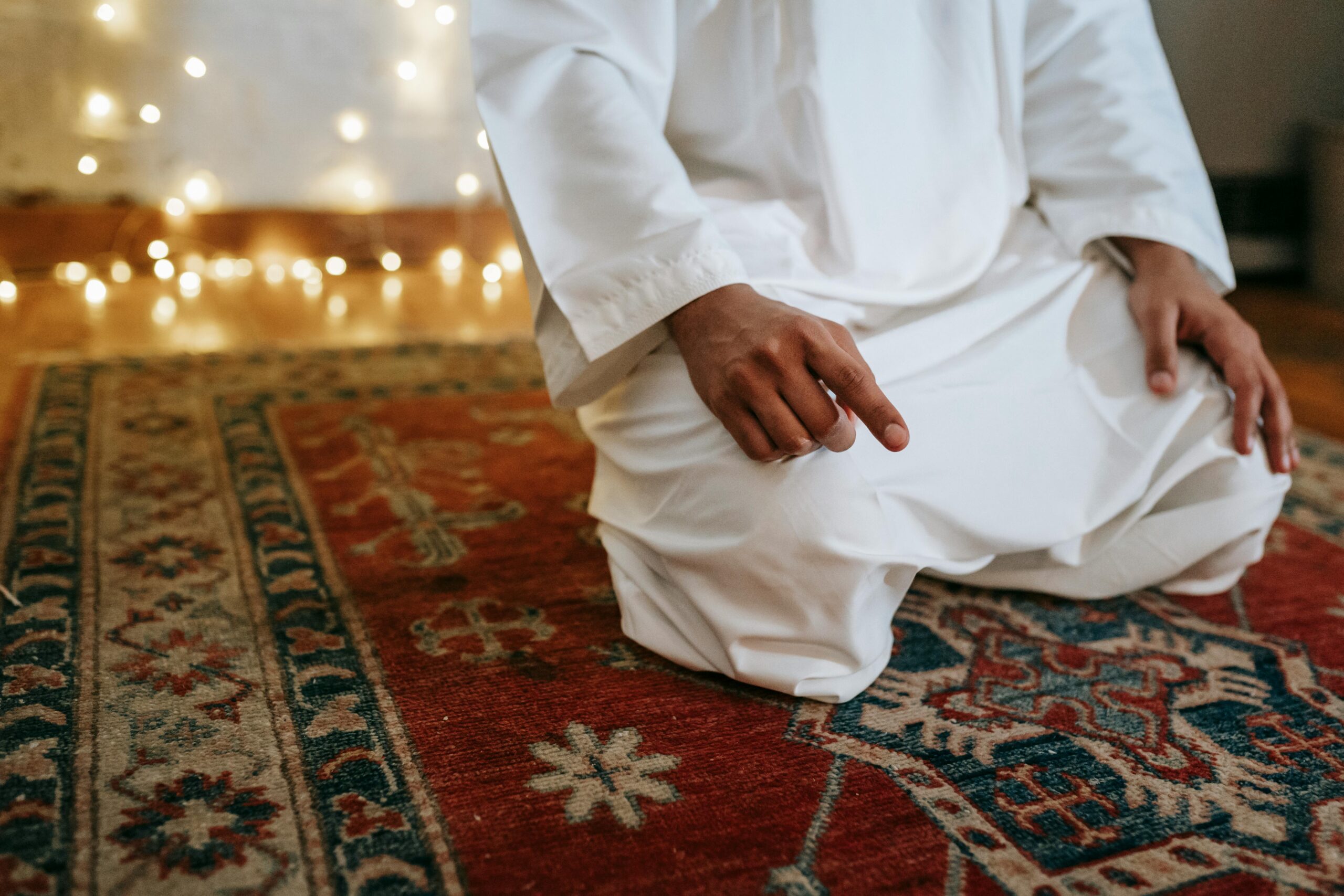
03.26.25
Salat Al-Duha: How to Pray It and Its Significance
Salat Al-Duha is a Sunnah prayer that holds immense spiritual rewards. It is performed in the morning after the sun has fully risen and before the time for Dhuhr begins.
Also known as the “Forenoon Prayer” or “Ishraq Prayer” (when prayed earlier), it is a beautiful way to seek Allah’s blessings, forgiveness, and provision for the day ahead.
In this guide, we’ll walk you through the significance, timing, and step-by-step method of performing Salat Al-Duha so you can incorporate it into your daily worship routine with ease.
What Is Salat Al-Duha?
Duha prayer is linguistically defined as the time of sunrise. It is an optional prayer performed with two raka’at (singular: rak’ah) minimum that the Prophet (ﷺ) prayed frequently and advised his companions to pray. Its time is between sunrise and Dhuhr.
The Duha prayer is a sunnah mu’akkadah (confirmed Sunnah). This means massive rewards and blessings for those who establish it, but there is no sin on the one who leaves it.
When To Pray Salat Al-Duha?
The time for Salat al-Duha extends from after sunrise (approximately 15 min. after sunrise) and ends before midday when the sun reaches its zenith.
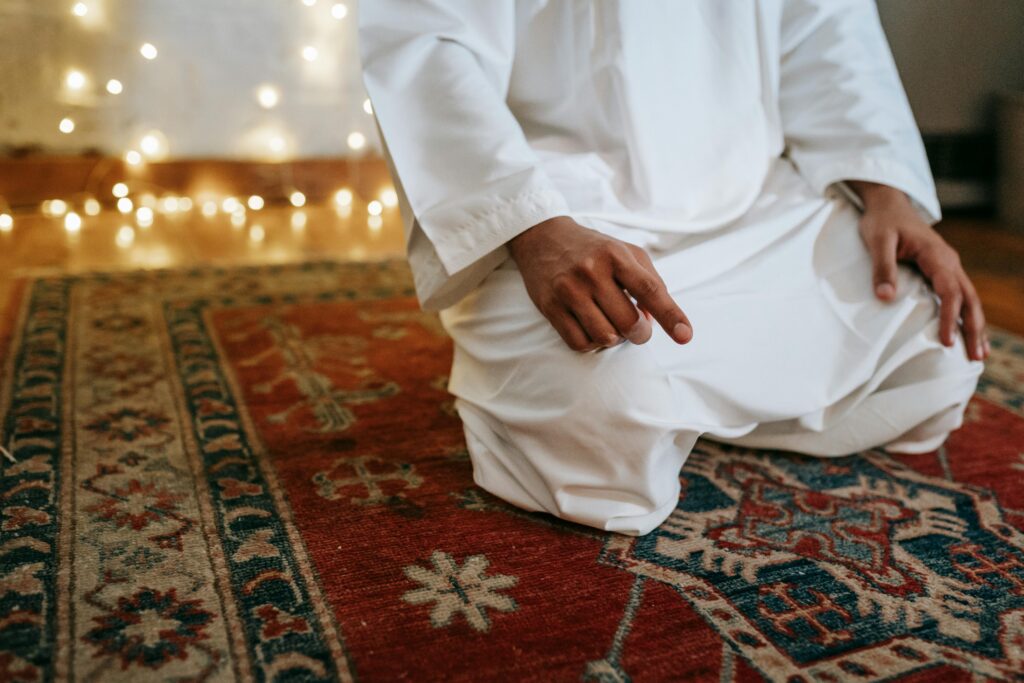
The most preferred time for Duha prayer is at the hottest part of the day, when the sun has reached its zenith (its highest point), and this is approximately halfway between sunrise and Dhuhr prayer.
As the Prophet (ﷺ) said:
“It is preferable to offer Duha prayer when the sun’s heat has become so intense that even the young of the camels feel it.”
Sahih Muslim
How To Pray Salat Al-Duha?
Duha prayer, like other Sunnah prayers, is offered two raka’at by two. We also pray it the same as we pray Fajr, which is also two raka’at.
The minimum number of raka’at you can offer in Duha prayer is two raka’at. Abu Dharr reported the Prophet (ﷺ) as saying:
“In the morning charity is due from every bone in the body of every one of you. Every utterance of Allah’s glorification is an act of charity. Every utterance of praise of Him is an act of charity, every utterance of profession of His Oneness is an act of charity, every utterance of profession of His Greatness is an act of charity, enjoining good is an act of charity, forbidding what is disreputable is an act of charity, and two raka’at which one prays in the forenoon will suffice.”
Sahih Muslim
This hadith also provides the example of four raka’at:
Allah’s Messenger (ﷺ) narrated that Allah, Blessed and Most High said: “Son of Adam: Perform four raka’at for Me in the beginning of the day it will suffice you for the latter part of it.”
Jami` at-Tirmidhi
What Is The Maximum Number Of Raka’at For Duha Prayer?
There is no maximum number of raka’at for Duha prayer. As there is no clear report that indicates a restriction on the number of raka’at for Duha prayer.
However, the Prophet (ﷺ) typically prayed Duha with four raka’at. He also offered more than that at times.
When Mu’adha asked ‘A’isha (RA) how many raka’at Allah’s Messenger (ﷺ) prayed at the forenoon prayer. She replied: Four raka’at, but sometimes more as he pleased (Sahih Muslim).
The Prophet (ﷺ) also prayed eight raka’at on the day of the conquest of Makkah. As narrated by Abu Murra:
“I went to the Messenger of Allah (ﷺ) on the day of the Conquest of Mecca and found him taking a bath, and Fatimah, his daughter, had provided him privacy with the help of a cloth…When he had completed the bath, he stood up and observed eight raka’at (for the forenoon prayer) wrapped up in one cloth.” (Sahih Muslim)
Benefits Of Praying Salat Al-Duha
Fulling Charity
As stated previously, in hadith, it fulfils morning charity for every joint in your body. For two raka’at of Duha which is sufficient as a charity on behalf of every joint in the body, and a sign of genuine gratitude to Allah S.W.T. (Sahih Muslim)
Becoming One of the Oft-Repentant
The Prophet (ﷺ) said:
“None is diligent in establishing Duha prayer except one who is oft-repentant (awwāb), and it is the prayer of the oft-repentant.” (Al-Albani)
The term “Salat al-Awwabeen” comes from this narration. Here, the Messenger ﷺ emphasises that only the oft-repentant are persistent in praying Duha prayer habitually.
One of the signs of true repentance is returning to Allah (SWT) not only by cutting off a major sin, but striving to increase in one’s voluntary good deeds, such as nafl prayers (like Salat Al-Duha).
Following a Sunnah
This advice of the Prophet (ﷺ) to Abu Hurayrah indicates the virtues and great rewards of fulfiling Duha prayer.
Abu Huraira narrated: “My friend (the Prophet ﷺ) advised me to observe three things: (1) to fast three days a month; (2) to pray two raka’at of Duha prayer (forenoon prayer); and (3) to pray witr before sleeping.” (Sahih al-Bukhari)
Immense Rewards from Allah (SWT)
Under certain conditions, the reward for praying Salat Al-Duha can be equivalent to a complete Hajj and ʿUmrah.
Anas bin Malik narrated that the Messenger of Allah (ﷺ) said:
“Whoever prays Fajr in congregation, then sits remembering Allah until the sun has risen, then he prays two raka’at, then for him is the reward like that of a Hajj and Umrah.” He said: “The Messenger of Allah said: ‘Complete, complete, complete.'”
Jami` at-Tirmidhi
(Note: This doesn’t fulfil the requirement to perform Hajj)
Forgiveness of One’s Sins by Allah (SWT)
Abu Hurairah narrated that Allah’s Messenger (ﷺ) said: “Whoever continuously performs the two raka’at of Ad-Duha his sins will be forgiven, even if they be like the foam of the sea.” (Tirmidhi)
Embrace the Blessings of Salat Al-Duha
Salat Al-Duha is more than just a Sunnah prayer—it is a powerful act of worship that brings immense rewards, spiritual peace, and a stronger connection to Allah (SWT).
The Prophet (ﷺ) himself advised his companions to observe this prayer regularly. Thus, by making the Duha prayer a part of your daily routine, you are following in the footsteps of the Prophet (ﷺ) and earning rewards that extend beyond the present moment.
Take the opportunity to incorporate this beautiful prayer into your mornings, and may Allah (SWT) reward you greatly for your efforts!


